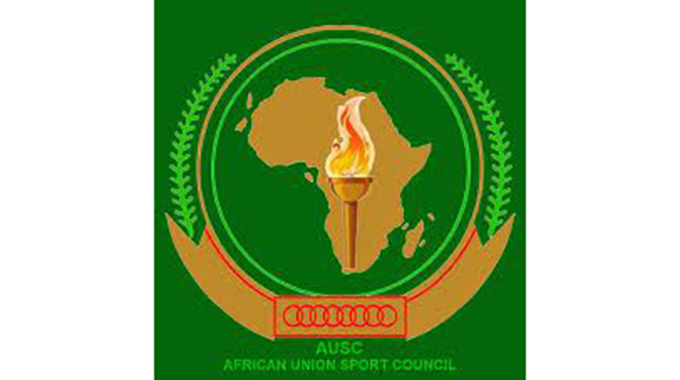Media urged to promote Intellectual Property rights

Talent Chimutambgi
Herald Reporter
The media has been challenged to play a critical role in disseminating information on intellectual property rights in order to stimulate economic development through innovation.

AfrIPI Project Leader Ms Aida Galindo
Intellectual property rights cover a range of innovations and inventions including copyrights, industrial designs, geographical indications as well trademarks and patents.
In line with global trends, innovation and creativity became the core drivers of sustainable economic development, and intellectual property rights are the key tools to generate value from intangible assets hence the need to create an enabling environment for intellectual property creation, protection, administration, and enforcement will boost the participation of African countries in the world economy and stimulate innovation and competitiveness of the private sector.

Participants attending Communications Training Workshop co-hosted by ARIPO and AfrIPI in Harare last week.
This came out of a three-day Communications Training on the African Regional Intellectual Property Rights System co-hosted in Harare by Regional Intellectual Property Organisation (ARIPO) and Intellectual Property Rights and Innovation in Africa (AfrIPI) which was aimed at equipping media practitioners with requisite knowhow to improve reportage on intellectual property rights.
The overall objective of AfrIPI is to facilitate intra-African trade and African and European investment. It specifically aims to create, protect, utilize, administer and enforce Intellectual Property Rights across Africa, in line with international and European best practices and in support of the African Continental Free Trade Area (AfCFTA) and the African Union´s Agenda 2063.
ARIPO was established under the Lusaka Declaration of 1976 as an intergovernmental organization for cooperation among Africans in patent and other intellectual property matters with other duties to hear applications for patents and registered trademarks for member states.
The workshop, which was held last week was oversubscribed by the associated member states advocating for the respect of intellectual property rights coming from a background of increasing trade on related aspects of intellectual property in Africa.
Participants at the function said regional intellectual property rights were not being fully covered and activities by the configuration bodies, AfrIPI and ARIPO, were not fully given media coverage, with others feeling that journalists were not interested in the matter, while others argued that experts were not easily accessible as sources for news.
Officially opening the workshop, AfrIPI Project Leader Ms Aida Galindo said it was important for the intellectual regional body to have a vibrant communications system characterised by well-equipped media personnel.
Ms Galindo said there was need for effective communication to demystify in which the subject of intellectual property is communicated.
She said communication was vital as it encourages innovation and enables the inventor to realise proceeds out of the idea if piracy is effectively dealt with.
“The training aims to promote effective communication of intellectual property in ARIPO member and observer states. Effective communication in this regard entails demystifying the way in which the subject of intellectual property is communicated,” said Ms Galindo.
“Communication plays a significant role in building respect and awareness of intellectual property rights. Without effective communication, some important sectors of the business sector, such as SMEs, innovation hubs, and Research & Development institutions, will not readily be aware of intellectual property rights and how these rights can benefit their businesses and sustainably sustain their national economies,” she said.
“Communication is vital for the general public to understand the importance and impact of intellectual property in their daily lives. Counterfeit products, for example, can threaten consumers’ health and, in some cases, lives,” she said.
She said intellectual property was a subject that matters to everyone, and it remains in the hands of journalists as communicators to disseminate messages.
“Serious dangers have been linked to counterfeit products ingested by consumers like food, drink, and medicines or put directly on the skin such as cosmetics as well as fragrances. People in the creative sector, such as artists and designers, are also affected by infringers who claim ownership of their work that is not protected,” said Ms Galindo.
The workshop was attended by various representatives from member states as well as interested media practitioners from across Africa.
There were delegates from Zambia, Malawi Burundi Angola, Rwanda, Nigeria, Sudan, and Botswana among other African countries.








Comments